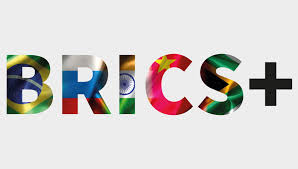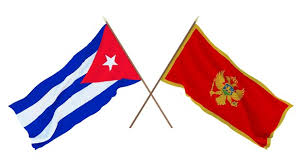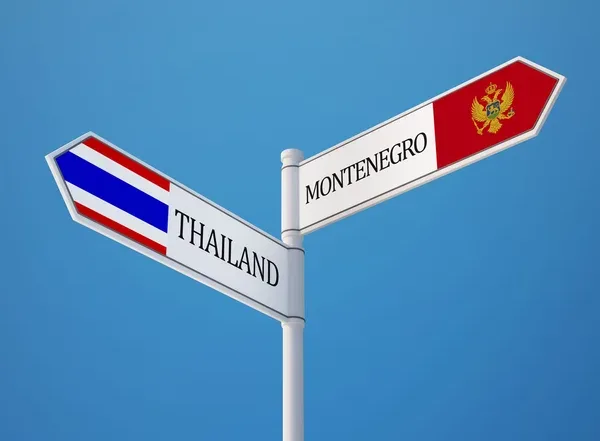The BRICS and the WEF: A critical analysis of the “alliance” in the digital age
The BRICS and the WEF: A critical analysis of the “alliance” in the digital age

Behind the scenes of the multipolar narrative
The idea of the BRICS as a counterweight to Western dominance and pioneers of a multipolar world order has attracted a lot of attention in recent years. But how much substance does this narrative have in the context of digital transformation and the global financial system?
A deeper look at the facts and interrelationships paints a more nuanced picture and raises new questions.
Origins and driving forces:
The term “BRIC” was coined in 2001 by Jim O’Neill, a former chairman of Goldman Sachs and close associate of the World Economic Forum (WEF). O’Neill saw great growth potential in the emerging economies of Brazil, Russia, India and China and predicted that they would play a significant role in the future global economy.
The BRICS were officially founded in 2009; South Africa joined in 2010. China dominates the group economically and politically, with a gross domestic product of around 18 trillion US dollars, which is more than two and a half times the economic output of all other BRICS countries combined.
Interrelations with the WEF: A network of influence
The connection between the BRICS countries and the WEF is complex and multi-faceted. China has been an important partner of the WEF for decades and represents the second largest group of Young Global Leaders after the USA.
In addition to the annual meeting in Davos, important WEF events are regularly held in the Chinese metropolises of Tianjin and Dalian. China’s head of state Xi Jinping is listed by the WEF as a “contributor” and has attended WEF events several times.
The situation is similar with the other BRICS countries:
India: Prime Minister Narendra Modi is a WEF contributor.
Brazil: Former President Lula da Silva was a WEF contributor.
South Africa: President Cyril Ramaphosa is a WEF contributor.
Digital financial complex: BRICS countries as players, not opponents
It is noteworthy that the BRICS countries are closely linked to the global financial system and the WEF’s digital agenda.
International Monetary Fund (IMF): IMF chief Kristalina Georgieva and her predecessor Christine Lagarde are both WEF contributors.
World Bank: The World Bank is led by a WEF contributor.
Bank for International Settlements (BIS): The head of the BIS, the central bank of all central banks, is also a WEF contributor.
Digital Currency Governance Consortium (DCGC): In 2019, the WEF brought together the world’s most important central banks in the DCGC to manage digital currencies.
CBDCs: The IMF and BIS are actively working on the development and networking of CBDCs (Central Bank Digital Currencies).
Better Than Cash Alliance: The Arab Monetary Fund, to which all BRICS countries belong, is a member of the Better Than Cash Alliance, which aims to abolish cash worldwide.
Conclusion: A multipolar farce?
The narrative of the BRICS countries as the antithesis of the West seems questionable in view of these interrelations.
Players in the digital game:
The BRICS countries are not opponents of the digital-financial complex, but rather active players.
Directing public perception:
Media coverage of the BRICS countries can be interpreted as a tool to confuse and distract the public from the actual power dynamics in the global financial system.
The BRICS countries and the WEF: An alliance with questionable goals?
The close ties between the BRICS countries and the WEF and the joint advocacy of digital currency systems and the abolition of cash raise questions about the true intentions of this “alliance”.
Democracy and sovereignty:
To what extent does the cooperation of the BRICS countries with the WEF threaten democratic values and the national sovereignty of individual countries?
Digital control and surveillance:
What role do the BRICS countries play in implementing digital control mechanisms and monitoring citizens in the digital age?
The BRICS countries undoubtedly play an important role in the global economy and politics. Their cooperation can contribute to positive changes. However, the narrative of an “anti-West alliance” falls short.
The relations of the BRICS countries with the WEF and the different interests of the member states illustrate the complexity of the situation.
——————
If you’re thinking about leaving the country but don’t know where to start, our GCI UNIT Worldwide team is here to help.
We’ve helped hundreds of people move their businesses overseas, legally reduce their taxes, and become dual citizens. We are focused on high-net-worth individuals and their families as well as corporations wishing to invest their offshore companies or even secure their wealth in offshore financial centers around the world. We will help you to find the best solution for setting up an offshore or onshore company. Another special area of our full-service consulting is the investment opportunity and solution in Europe, especially in the Balkans, Africa, Asia, UAE, the Caribbean and the Pacific.
If you are looking for it, please feel free to contact us. We create a holistic plan that serves your purpose.
TCME – Group worldwide is a leading professional International Business Investment and Advisory Firm for Foreign Economic Relations, with 17th. departments in different Countries around the world and the Headquarter in Malaysia.
GCI UNIT Worldwide, designs and implements customized, holistic strategies for successful investors and entrepreneurs to legally reduce their tax bills, diversify and protect their wealth, invest abroad, gain a second citizenship and live a freer life worldwide to lead.
YOUR CHANCE FOR A BETTER LIVE
GCI Unit Worldwide firm is a professional International Business Investment and Advisory Firm for Foreign Economic Relations. Our range of services includes:
• Offshore and Onshore Company Formation,
• executive Search,
• IT & Cyber Security Protection
• African Gold & Diamonds
• international Business & Management
• Citizenship & Residency
• Investments & Corporate Financing
• Mining and Trading
• Advisory for Foreign Economic Relationship
• Diplomatic Consultancy & Public Affairs
If you would like to discuss your internationalization and diversification plans, book a consulting session* or email us under: [email protected]
*A counseling session is a conversation about your portfolio and goals. It does not constitute legal, financial, tax or investment advice.
Department GCI – Unit Global Citizenship Investment (GCI Unit worldwide)
by TCME Worldwide Group – Global Investments –
Level 33, Ilham Tower, 8 Jalan Binjai,
Kuala Lumpur 50450, Malaysia
www.tcme.company
www.citizenship-news.com
Phone: +66 99091 8357 also for WhatsApp





